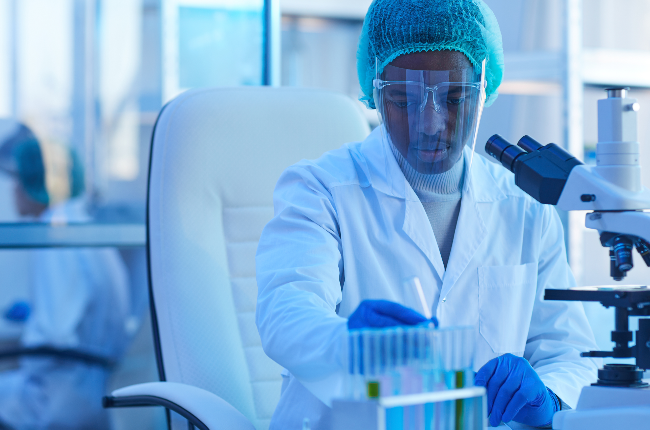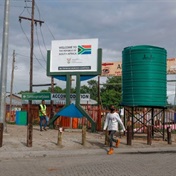
With Covid-19 infections soaring to new heights on the daily, local experts concede that any data that helps better understand the viral pandemic proves helpful.
New research is suggesting that majority of people who contract the SARS-CoV-2 virus, which causes Covid-19, will not pass it to many, if anyone at all. It does, however, suggest that it is a few people who contract the virus who pass it on to many.
Professor Shabir Madhi, of Wits University’s vaccinology unit and currently leading SA’s first Covid-19 vaccine clinical trial, explains the phenomenon of these super-spreading events where one person is responsible for many infections and where they are likely to happen.
Read more | What does new Covid-19 drug dexamethasone mean for the South African public - Experts weigh in
“The modelling and empiric evidence suggests that approximately 20% of infected people are responsible for 80% of all other infections. These 20% of individuals can be classified as super spreaders, however, there is no telling who the super spreader is until they have actually been responsible for an extensive outbreak. Also, to characterise whether the outbreak is due to a super spreader requires genetic analyses of the virus,” he says.
The coronavirus, which has dominated reports by how quickly it can spread, seemed to hit a different narrative recently with Italian scientists who looked at stored samples of wastewater for early traces of the virus in the country.
In a report they recently published, the scientists found that the virus was in Turin and Milan as early as mid-December last year. However, northern Italy’s hospitals began filling with victims of Covid-19 two months later.
Speaking to The New York Times, principal research scientist at the Institute for Disease Modeling in Bellevue, Washington, Ben Althouse explained how flare-up spread of the virus, using a matchstick and firewood.
“You throw one match, it may not light the kindling. You throw another match, it may not light the kindling. But then one match hits in the right spot, and all of a sudden the fire goes up,” he said citing that understanding why some matches start fires while many do not will be crucial to curbing the pandemic.
Questions scientists are grappling with now are: who are the super spreaders? When does super spreading take place? And where?
Knowing the virus happens at these super-spreading events is a good thing, added Kristin Nelson, an assistant professor at Emory University in America. “It bodes well for control,” she said. Identifying these events can help people know what aspects of their lives to limit exposure to and inherently limit their risk to the virus.
For now, Prof Madhi advises caution in “closed settings, especially poor ventilation; including in places of worship, restaurants, meat factories and other mass gatherings”.


















